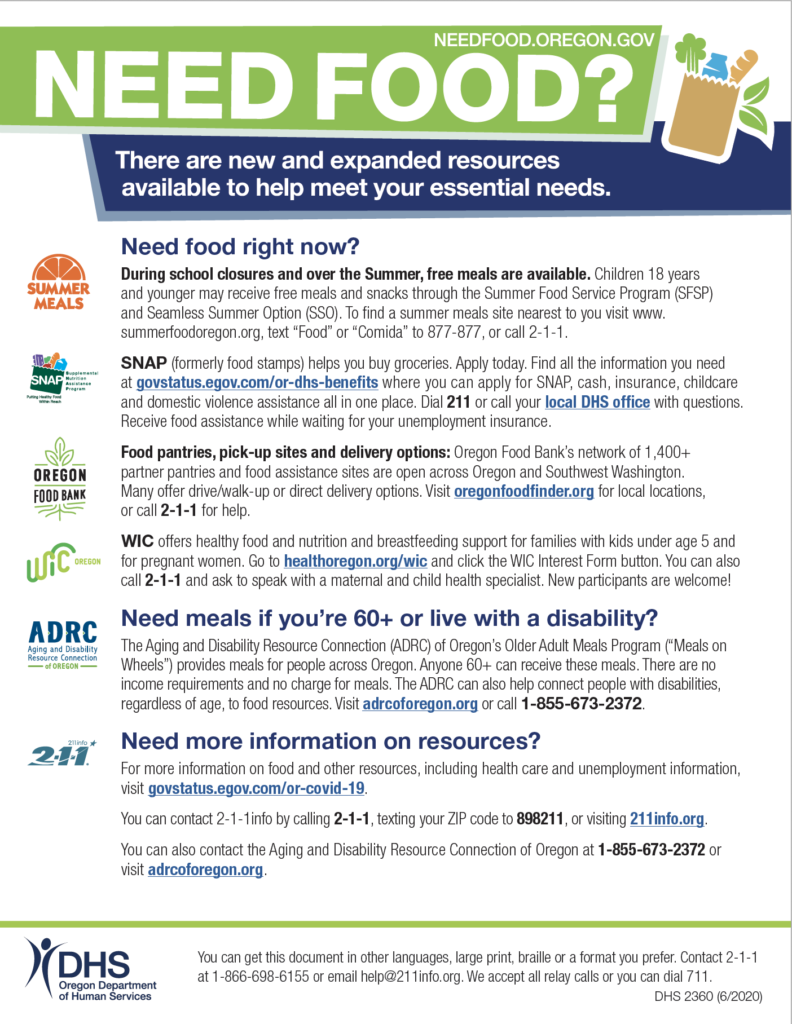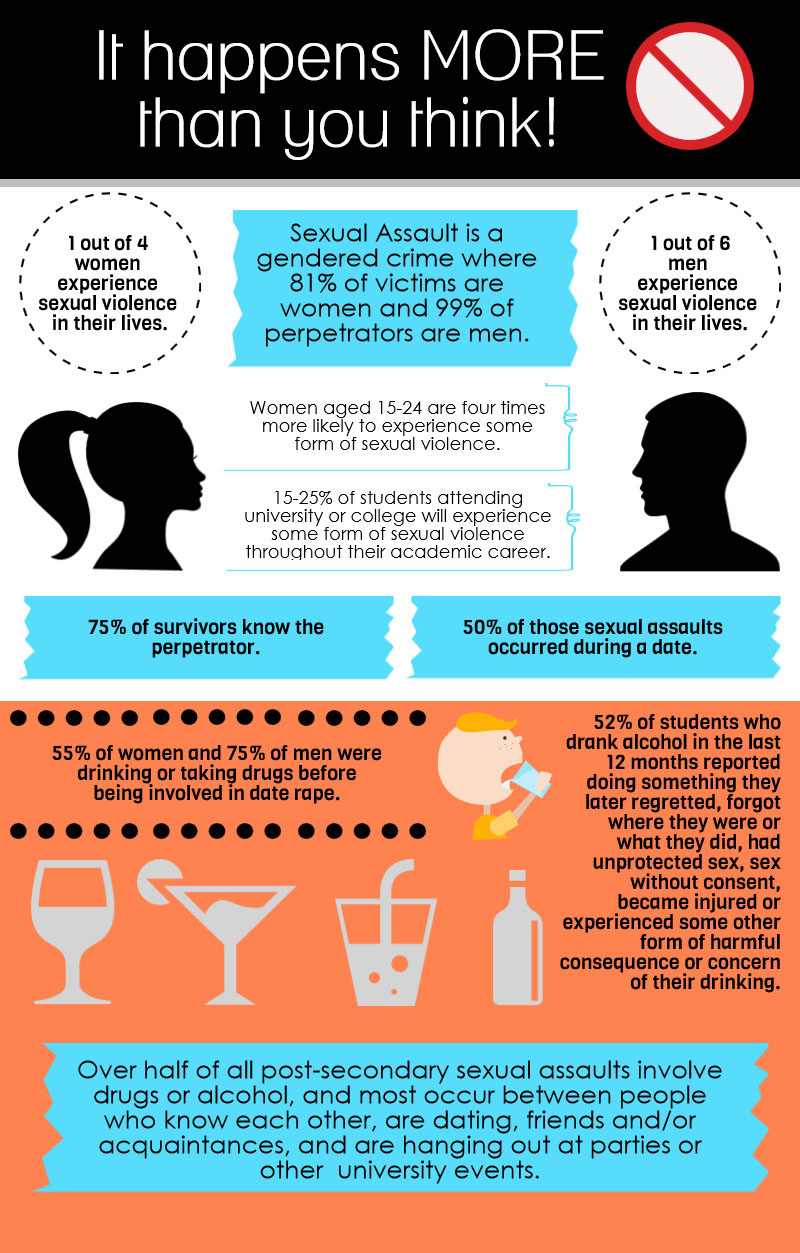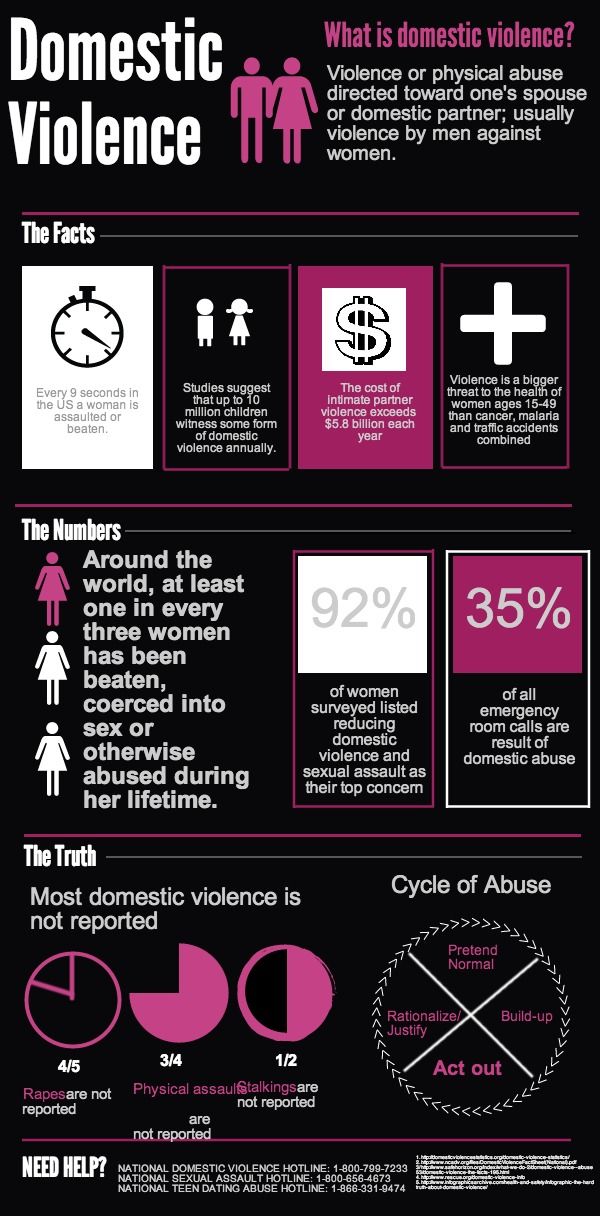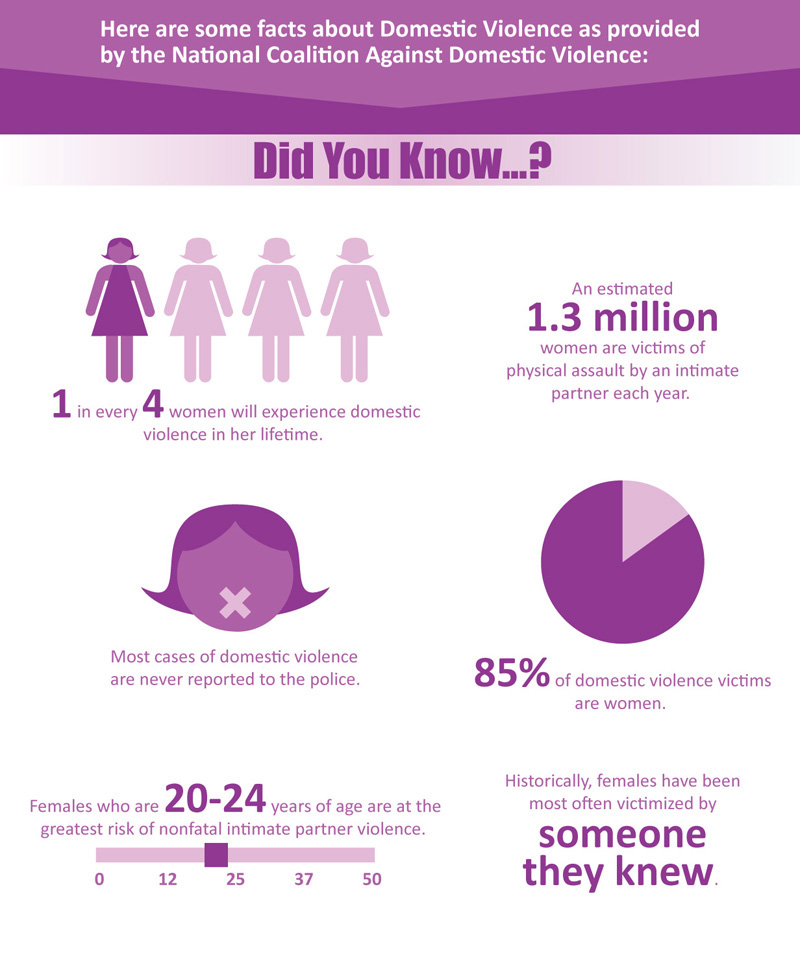Student Safety & Resources

Assistance Resources
- Assistance Resource Guide
- Oregon Department of Human Services
- Oregon Food Bank in Conjunction with Feed America
- 211 info (you can also call 211)
- Food Resources
- Suicide Prevention Hotline: call 988

Campus Security Report
Click here to download the Phagans’ Cosmetology Colleges Annual Security Report
Individual Campus Safety & Security Reports: click the link below to view, download and/or print the report for each campus:
- Salem Campus
- Bend Campus
- Medford Campus (This location has merged with the Grants Pass location 2/28/25)
- Corvallis Campus
- Grants Pass Campus

Title IX Safety Training:
Title IX Coordinators:
We are always available to meet with students in person to discuss all of the options and answer any questions or concerns in a confidential setting. You can speak with any staff member, and there is a Title IX Coordinator at each campus available to assist you:
- Bend: Debbie Patrick 541-382-6171, ext. 3
- Corvallis: Amy Geiger 541-753-6466
- Grants Pass: Tracy Straub 541-479-6678
- Medford: Kindra Willits (This location has merged with the Grants Pass location 2/28/25)
- Salem: Amy Geiger 503-363-6800
Sexual Assault and Sexual Violence Resources
“Sexual assault is one of the most under reported violent crimes in the country, and victims often suffer long term physical and emotional Trauma.”
- Domestic violence causes 3 deaths a day to women.
- 1 in 4 women have experienced severe physical violence by an intimate partner.
- 1 in 5 women have been raped in their lifetimes.
Get Help Now:
 Highly-trained peer advocates offer support, information and advocacy to people who have questions or concerns about their dating relationships. We also provide information and support to concerned friends and family members, teachers, counselors, service providers and members of law enforcement. Free and confidential phone, live chat and textinservices are available 24/7/365.
Chat at www.loveisrespect.org
Text loveis to 22522
Call 1-866-331-9474
We are also always available to meet with students in person to discuss all of the options and answer any questions or concerns in a confidential setting. You can speak with any staff member, and there is a Title IX Coordinator at each campus available to assist you:
Highly-trained peer advocates offer support, information and advocacy to people who have questions or concerns about their dating relationships. We also provide information and support to concerned friends and family members, teachers, counselors, service providers and members of law enforcement. Free and confidential phone, live chat and textinservices are available 24/7/365.
Chat at www.loveisrespect.org
Text loveis to 22522
Call 1-866-331-9474
We are also always available to meet with students in person to discuss all of the options and answer any questions or concerns in a confidential setting. You can speak with any staff member, and there is a Title IX Coordinator at each campus available to assist you:
- Bend: Debbie Patrick 541-382-6171, ext. 3
- Corvallis: Amy Geiger 541-753-6466
- Grants Pass: Tracy Straub 541-479-6678
- Medford: Kindra Willits 541-772-6155
- Salem: Amy Geiger 503-363-6800
Domestic Violence Services
Get support, crisis intervention, safety planning assistance and resource referrals for domestic violence victims and survivors by contacting the National Domestic Violence Hotline.
Sexual Assault Services
A variety of sexual assault services, including legal services, can be found by contacting Rape, Abuse & Incest National Network (RAINN).
Child Abuse Services
ChildHelp is a national organization dedicated to the prevention and treatment of child abuse. Call their 24/7 hotline at 1-800-4-A-CHILD (422-4453).
Legal Services for Victims
Resource for legal advocacy, legal representation, court accompaniment, etc. are available at Women’s Law Initiative, Legal Services Corporation and The Legal Aid Society.
Housing
National Runaway Safeline and the US Department of Housing and Urban Developmen can help you find youth shelters, transitional housing, etc.
LGBTQ
Access LGBTQ-friendly resources, services and support by contacting the Northwest Network, GLBT National Help Center and The Trevor Project.
Sexual assault includes any conduct that involves non-consensual sexual penetration or non-consensual personal contact of a sexual nature.
Unwanted sexual penetration: any degree of insertion, however slight, of the penis or any object into the vagina or anus, or the penis into the mouth, of another person, or causing the penetration of another person, when one:
- Does not first obtain explicit consent from that person; or
- Knows or should have known the person was incapable of consent by reason of mental disorder, mental incapacitation, or physical helplessness.
Non-consensual personal contact of a sexual nature: touching of the genitalia, anus, buttocks, or breasts of a person or causing such person to touch the genitalia, anus, buttocks, or breasts of another person when a reasonable person would know that such contact would cause emotional distress:
- Without having first obtained explicit consent; or
- When they know or should have known the person was incapable of consent by reason of mental disorder, mental incapacitation, or physical helplessness.
Explicit consent: voluntary, non-coerced and clear communication indicating a willingness to engage in a particular act. “Explicit consent” includes an affirmative verbal response or voluntary acts unmistakable in their meaning.
Mental disorder: a person suffers from a mental disease or disorder that renders that person incapable of appraising the nature of the conduct of another person.
Mental incapacitation: a person is rendered incapable of appraising or controlling one’s own conduct at the time of the alleged offense because of the influence of a controlled or intoxicating substance or because of any act committed upon the person without consent.
Physical helplessness: a person is unconscious or for any other reason is physically unable to communicate unwillingness to engage in an act.
Domestic or dating violence, also referred to as intimate partner or relationship violence, can be defined as a pattern of behavior in any relationship that is used to gain or maintain power and control over an intimate partner. Abuse can be physical, sexual, emotional, economic, or psychological acts or threats of actions that influence another person. This includes any behaviors that frighten, intimidate, terrorize, manipulate, hurt, humiliate, coerce, blame, or injure someone.
Abuse can happen to anyone regardless of race, economic status, gender, sexual orientation, or where one lives. People stay in abusive relationships for many reasons, including fear, belief that their abuser needs help and will change, and because they care about the person.
No one deserves to be in an abusive relationship. Help is available.
Stalking
Stalking is repetitive and or menacing pursuit, following, harassment, and/or interference with the peace and/or safety of a member of the community or the safety of any of the immediate family members of the community. Stalking is unpredictable and dangerous.
Bullying
Bullying is when an individual is threatened, harassed, humiliated, embarrassed, or otherwise targeted by another person, whether in person or by other means including the internet, social media, and interactive and digital technologies, or mobile phones.
Where can I go for help?
Phagans’ does not offer professional or pastoral counseling, but we do have information about great resources for victims and survivors of sexual abuse. Some sources of help are listed below.
Assistance for Survivors in the State of Oregon
This link is for a State of Oregon Web Page which provides links and contact information for each county in Oregon.
Love is Respect Website
This link is for a great resource that provides support whenever you need it. Resources, relationship information, how to get help for yourself or others, and much more. Their highly trained and knowledgeable staff is easy to reach and always right there if you need help or just want to talk.
- Chat 24/7/365 (click the orange chat link in the upper right of the web page to open a chat window)
- Call: 1.866.331.9474
- Text: loveis to 22522
What will happen if I report an incident to the college?
By reporting an incident to the college, we can connect you to a number of support options available in our communities. You are NOT required to provide additional information about the incident or participate in a college investigation in order to get help. Our primary goal is to help, and we will always respect your decision to share, or not share, any aspect of your situation with us.
If the person who harmed you is not affiliated with a Phagans’ Cosmetology College, our response to the report of an incident will be focused primarily on providing services and accommodations to you and addressing any potential safety issues on campus.
Is there a way to keep the person who did this away from me?
Yes! You have several options for keeping this person from contacting you. If this person is another student, we will take steps to ensure you are not in school together.
Even without a formal report to a police officer, you may be eligible for legal court orders, including restraining orders and stalking orders that can provide a higher level of protection. Obtaining these orders from the court is free, and We can assist you in finding out how to start that process.
If you decide to press charges, the person who hurt you may be arrested, prosecuted, and sentenced for their crime depending on the circumstances.
If I tell the college staff what has happened to me, will my friends, family, other students, etc. find out?
No. Only a few specially trained individuals will ever know that you reported to the college and their primary goal will be to help provide support and services to you. Students are protected by FERPA (Family Educational Rights and Privacy Act), which means that we cannot disclose information about your report to your family or friends without your written consent.
What if I attend school with the person who hurt me?
You have the right to feel safe in attending your classes, and we are here to help. If you attend school with the person who hurt you, we may be able to remove that person. If you prefer, we may be able to provide assistance in changing your schedule as well. These accommodations are provided with the highest level of confidentially possible.
Can I receive help without having to tell who hurt me?
Yes. A student is NOT required to provide additional information about the incident or participate in a college investigation in order to receive assistance. Our primary goal is to help you, and we will respect your decision to share, or not share, any aspect of the situation with us.
If I report to the college, will I be forced to press criminal charges or give information against the accused person?
You have the right to choose if you want to press criminal charges. If you choose not to provide more information for an investigation, it is unlikely that the investigation will continue. However, there are circumstances where the college has an obligation to proceed in order to protect the safety of the campus. Your safety is our highest priority.
Can I report anonymously?
You can ask that we keep your name off of internal reports. Based solely on an anonymous report, however, neither Phagans’ nor the Police Department may be able to pursue action against the person who hurt you if the report does not contain any identifiable information. The report can help provide very vital information that can be used to identify perpetrators and patterns of their behavior(s). If you choose to pursue action against this person you have the option to report the incident to the college or law enforcement at a later date.
We want to ensure that you are safe in your situation. We encourage you to seek safety planning from a confidential resource.
It is important for you to know that we are mandated to report the numbers of incidents about sexual harassment, including sexual assault, dating or domestic violence, gender-based harassment and bullying, and stalking.
What will happen if I report to law enforcement?
If you want to report to law enforcement, an officer will take a report. Based on your wishes, they may start an investigation which could include talking with any witnesses. The police officers can also help plan for your safety and filing a report can help document the situation that can later be used if you decide to press charges.
If I tell law enforcement what happened, what will happen to the person who hurt me?
Reporting to law enforcement may initiate an investigation, arrest, and prosecution of the perpetrator. However, in many cases there is not enough evidence for the case to move forward. This does not mean that the incident did not occur or that is was not wrong or illegal. The nature of these crimes can sometimes make it difficult to hold people accountable through the criminal justice system. In general, law enforcement and the district attorney will not pursue charges without the survivor’s cooperation.
If I seek help from support agencies now, can I report to Phagans’ or law enforcement later?
Yes. You always have the right to report at a later date. Keep in mind that if you choose to pursue action against this person, some of the physical evidence may be gone if too much time has elapsed.
Strategies for Avoiding and Resisting Sexual Coercion
- Communicate well. It won’t stop someone from being coercive, but it will help you identify coercion faster and more confidently. (And your encounters with non-coercive people will be much more likely to be mutually pleasing.)
- If you encounter pressure, act swiftly. Don’t get pulled into a debate, or a long effort to clarify your limits. These are tactics by which sexually coercive people try to wear you down. Disengage; get help if necessary. Phagans’ is a supportive place—let people know you need help.
- Build a strong network of friends. Go to social events with those friends. Talk in advance about what you do and don’t want; check in if someone seems to be changing his/her mind. Don’t disappear; don’t abandon each other.
- Be able to leave, wherever, whenever. Know where you are and how to get back home; don’t go far without money and a phone.
- Avoid isolation. You’re much more vulnerable if there’s nobody around to intervene. Be wary of anyone who seems in a hurry to get you alone. You can find privacy without isolation, too.
- Trust your feelings. Many people learn to set aside their discomfort in sexual situations; don’t. If you’re getting a bad vibe, walk away.
- Avoid excessive alcohol and/or drugs. If you are really out of it, you won’t be able to protect yourself—or your friends. Know what’s in your drink and don’t leave it unattended. Be skeptical of anyone who is trying to get you drunk.
- Stand with survivors when they speak out. There is a lot of pressure on survivors to stay silent. Many only ever tell a friend; very few speak in public. Do what you can to listen and offer support.
- Respond when you see someone in need of help. There’s a lot you can do: help an intoxicated classmate get home; challenge a friend over his pressure tactics; support a roommate who wants to end an increasingly controlling relationship; speak up against disrespectful language. You might even call the police from a party. It’s your community—do what’s necessary to make it safe.
What if these strategies fail? Remember: it is not your fault. The problem is coercion, not vulnerability. Sexual assault is a crime. Talk to someone, get help, report. You don’t have to handle this alone.
Get Help Now:
Highly-trained peer advocates offer support, information and advocacy to people who have questions or concerns about their dating relationships. We also provide information and support to concerned friends and family members, teachers, counselors, service providers and members of law enforcement. Free and confidential phone, live chat and textinservices are available 24/7/365.
Chat at www.loveisrespect.org
Text loveis to 22522
Call 1-866-331-9474

Licensing Agency
- Board of Cosmetology, Oregon Health Licensing






